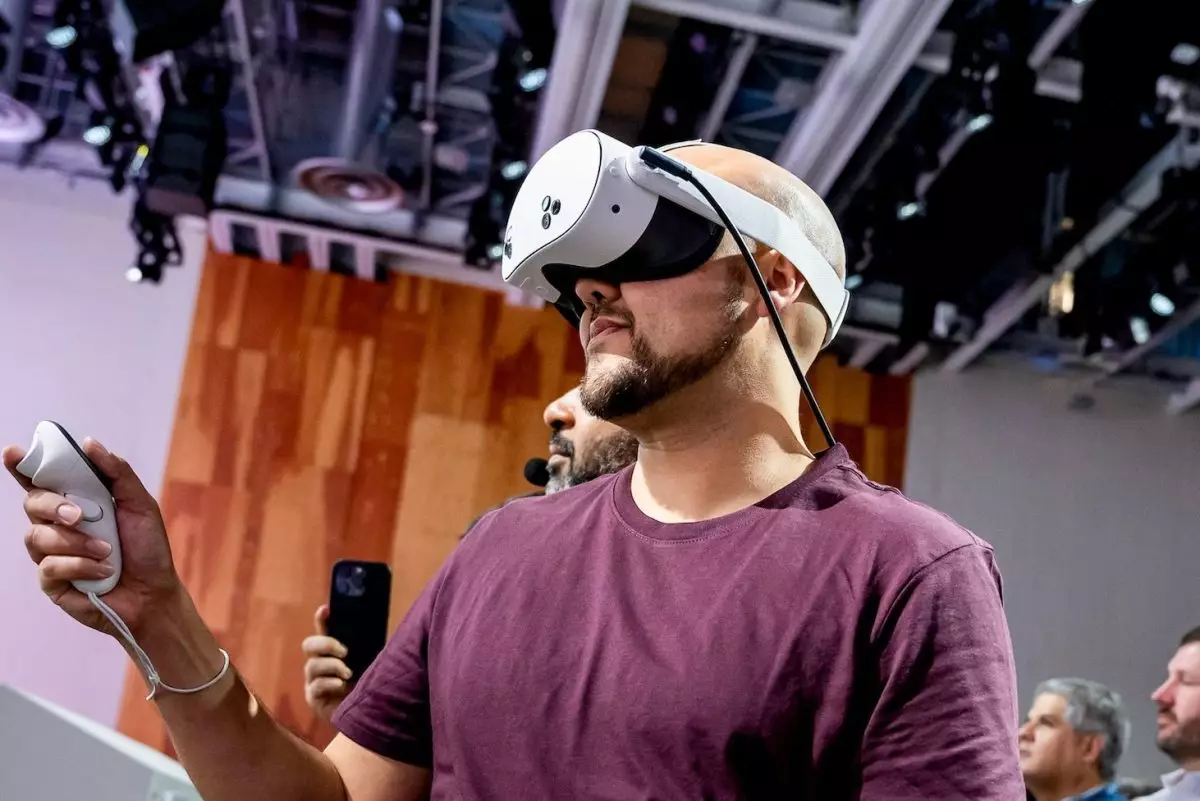The world of education is ever-evolving, driven by technological advancements that challenge traditional teaching paradigms. In this transformative landscape, Meta (formerly Facebook) seeks to play a pivotal role by enhancing the integration of virtual reality (VR) into educational settings. The unveiling of the Meta for Education beta program marks a strategic collaboration with several universities across the U.S. and U.K. This initiative aims not only to advance learning methodologies but also to cultivate a community receptive to cutting-edge educational tools.
Meta’s strategic alliances with 13 prominent universities signals a significant investment in the educational sector. Partnering with institutions like Arizona State University, the University of Leeds, and Miami Dade College provides Meta with a platform to gather critical user feedback on its VR products. This collaborative approach allows educators to test early versions of VR and mixed reality experiences, ultimately tailoring Meta’s offerings to better align with pedagogical needs. By focusing on subjects like science, history, and language arts, Meta aims to create content that is both interactive and engaging, appealing to a broad spectrum of academic disciplines.
The emphasis on feedback underscores a crucial aspect of technological integration in education—adaptability. Meta’s willingness to adjust its VR prototypes based on opinions from the academic community could lead to more effective solutions, bridging the gap between ambition and reality. This partnership is not merely a trial; it represents a shift towards a future where immersive technologies may complement or even revolutionize how knowledge is imparted.
The concept of “immersive classes” is central to Meta’s educational vision. With the launch of immersive programs at institutions like the University of Leeds, students can expect to experience dynamic learning through performance arts classes and other innovative formats. In an era where engagement is key to effective learning, VR offers a unique opportunity to captivate students’ attention and enhance their understanding of complex subjects.
Furthermore, the “digital twin” metaversity program, which promises to replicate real-world campuses in a virtual space, presents an interesting solution to the limitations of physical classrooms. It allows for a scalable and flexible learning environment that can potentially lower barriers to access. As institutions like the University of Basque Country and the University of Hannover prepare to implement VR into their curricula, the anticipation surrounding these programs builds, propelling virtual education into uncharted territories.
Despite ambitious goals, Meta faces significant financial hurdles. The company’s Reality Labs division, dedicated to VR and AR innovations, has seen substantial losses, amounting to $4.4 billion in Q3 alone. Although revenue from this sector has risen by 29% year-over-year, the growing expenses reflect the high cost of development and the complexities involved in scaling VR technology.
As Meta pushes forward, the larger context of the tech industry cannot be ignored. Competitors like Apple, with its Vision Pro immersive headset, are entering the VR space, intensifying the competition for consumer traction. This could lead to a paradigm shift in how educational technologies are perceived and implemented. With increased interest and diversity in VR products, educational institutions might embrace these tools more wholeheartedly, supporting a broader cultural acceptance of mixed reality experiences in everyday learning.
Meta’s foray into educational VR is emblematic of a broader trend where technology and learning intersect. While the journey is fraught with challenges—financial sustainability, user engagement, and practical application—the potential benefits of immersive learning environments are enticing. As the beta program unfolds and educational institutions begin to experiment with these new tools, educators and students alike may rise to embrace a transformed educational experience, making VR a fundamental aspect of how we learn in the future. The world is watching closely as Meta navigates this exciting yet complex landscape, hoping to carve a niche that could redefine the future of education.

